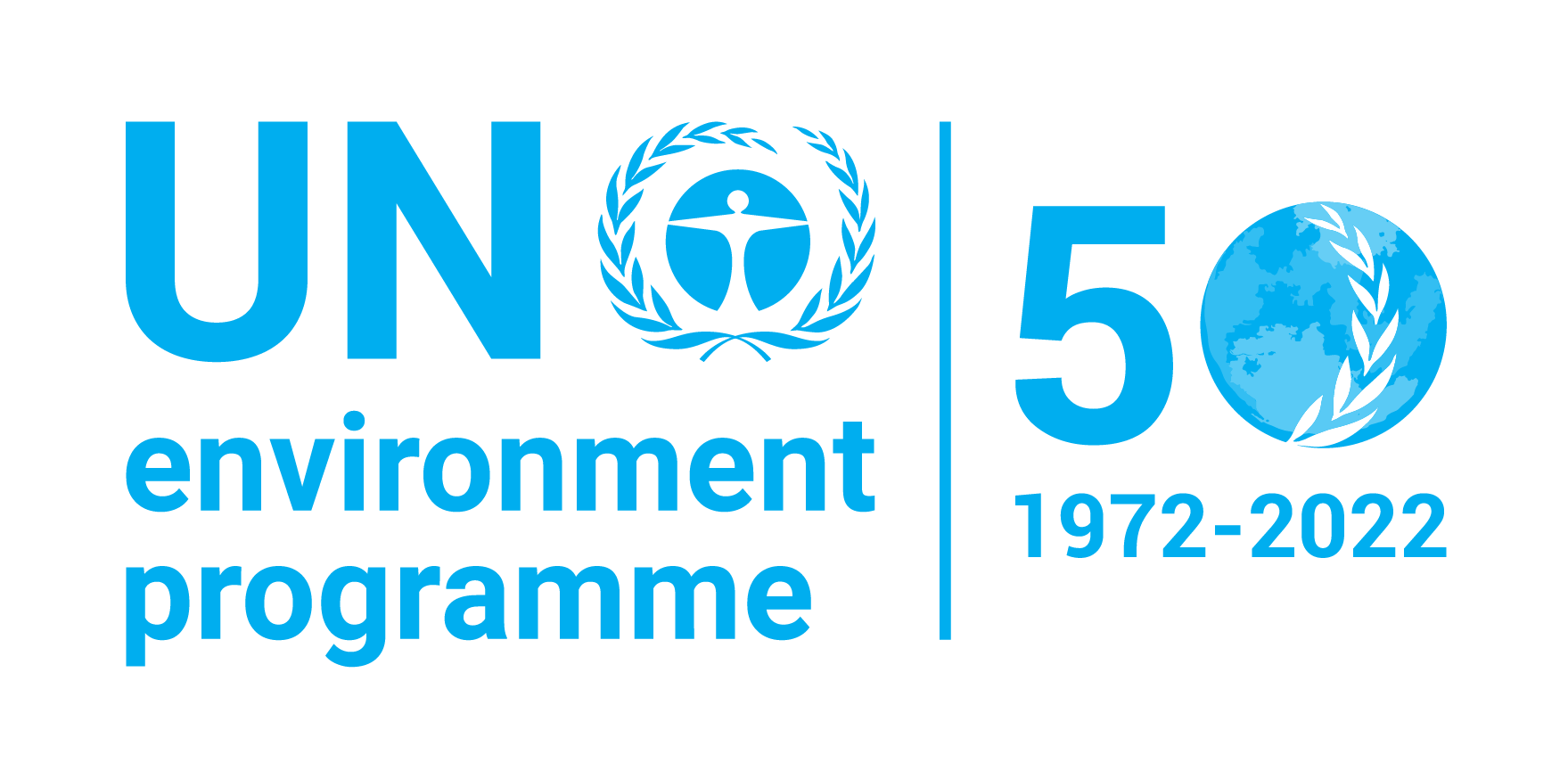| dc.description | This briefing summarises the discussions held during the “Mainstreaming Sustainable Finance” event in Washington, D.C. on 20 April 2018. At this convening; senior policymakers and private financial sector leaders shared perspectives on the rapidly changing landscape for sustainable finance and focused on: sustainable finance for reducing inequality; sustainable finance in emerging markets; and investor perspectives on impact investing, the integration of environmental, social and governance (ESG) strategies, and the implementation of the Task Force on Climate-related Financial Disclosures (TCFD) recommendations.
The key messages are:
- Sustainable finance has leapt from ‘niche’ to mainstream with lightning speed. Continued decisive action, both at the policy and market levels, will contribute to maintain the momentum achieved. Such action could include the pricing of climate-related risks, mobilizing finance, and ensuring that sound underlying policies with clear and harmonized definitions are used across jurisdictions.
- Sustainable finance can provide ways to address income inequality and meet the basic needs for all people. Through a combination of public policy mechanisms and financial innovation, policymakers should ensure that coherent climate and investment policies, along with effective fiscal reforms, are working together to facilitate a just transition to a low-carbon economy. Financial innovations such as social impact bonds and sustainability bonds can also play a crucial role.
- Emerging markets around the world are beginning to view sustainable finance as an opportunity. It can drive the innovation that leads to job creation and new industries. Multilateral development banks (MDBs) can help foster sustainability in emerging markets, particularly by levering private sector finance, but tensions exist – debt, transparency and capacity to name a few.
- Implementation of the Task Force on Climate-related Financial Disclosures (TCFD) recommendations will be a critical step for the continued mainstreaming of sustainable finance. Corporations and business leaders have many levers available to facilitate the worldwide uptake of these recommendations for a coherent, scalable disclosure framework for use by companies and financial institutions. | en_US |


